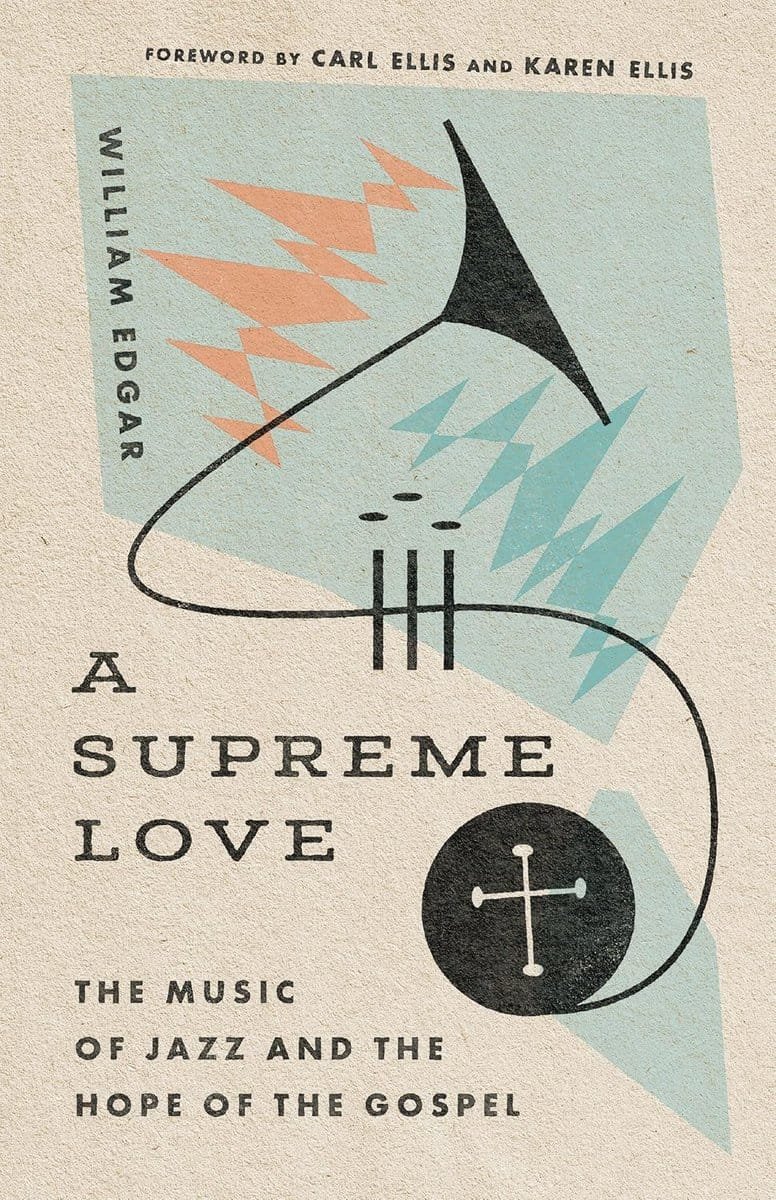How John Coltrane’s Faith Shaped His Sound
What if you could pinpoint the essence of a musical genius to their deepest beliefs? For John Coltrane, that’s precisely the case. Coltrane’s transformative journey through jazz isn’t just marked by technical prowess and innovation; it is also deeply intertwined with his spiritual quest. As you learn about Coltrane’s life and work, you’ll discover how his faith informed his music, transforming it not only into an art form but also into a medium for spiritual expression.

Early Life and Initial Influences
Coltrane’s life began in 1926 in Hamlet, North Carolina, where he was born into a nurturing family. His mother, Alice, was a skilled musician, and his father, John Sr., was a tailor who appreciated music as well. Growing up, Coltrane was surrounded by a blend of spiritual music and vibrant local culture.
This early exposure had a profound influence on Coltrane. From gospel performances in church to listening to the rich Southern sounds of blues and jazz, these experiences provided the foundation for his musical journey. It’s fascinating to note how the ecclesiastical music of his youth would later resonate throughout his career.
The Shift to Jazz and Spiritual Awakening
After initially picking up the clarinet and later switching to the alto saxophone, Coltrane’s transition to jazz was a pivotal moment. By the 1940s, he had started to perform professionally, but the turning point came during the late 1950s when he joined Miles Davis’s quintet. This period not only honed his technical skills but also exposed him to a more avant-garde musical landscape.
But what really catalyzed his evolution was a significant spiritual awakening. During a turbulent period marked by drug use and personal struggles, Coltrane experienced a profound moment of clarity. This turning point is often described as a spiritual rebirth—a journey towards personal redemption that profoundly shaped his sound and artistic direction. You can almost hear this transformation in his groundbreaking album Giant Steps — filled with complex structures and emotive depth.

The Impact of Faith on Coltrane’s Music
Religious Beliefs and Philosophies
Coltrane’s faith emerged as a central pillar in his life. He identified with various spiritual traditions, including Christianity, Hinduism, and the teachings of Eastern philosophies. His exploration of spirituality can be particularly traced through his later works. For instance, the album A Love Supreme stands as a powerful testament to his beliefs and an embodiment of his faith journey.
The piece is divided into four parts, each reflecting his pursuit of transcendence and connection to a divine force. The incantation “A Love Supreme” is a prayer, a musical affirmation of devotion that goes beyond mere notes and rhythms. It’s as if you can feel Coltrane channeling something far greater than himself through his saxophone.
Influence of Spiritual Themes in Coltrane’s Works
A Love Supreme: A Musical Prayer
- A Love Supreme* is perhaps the most significant work to illustrate Coltrane’s intertwining of faith and sound. Released in 1965, it’s more than just an album; it’s a spiritual manifesto. Through improvisation and soaring melodies, Coltrane invites listeners to journey alongside him through contemplation and worship.
Critics often highlight the album’s ability to evoke deep emotional responses, much like a prayer service does for its congregation. Each movement builds upon the last, weaving together Coltrane’s struggles, epiphanies, and unyielding quest for understanding—a reflection of your own search for meaning and connection.
Other Notable Works Reflecting Faith
Coltrane subsequently released other works that echoed his spiritual journey. Albums like Meditations and Solar adopt a similar conversational tone with the audience, carrying messages of hope, peace, and enlightenment. In these pieces, you can hear how Coltrane infused elements of free jazz while maintaining that deep spiritual core—a testament to his quest for divine expression.

Cultural and Political Contexts Influencing Coltrane
The Civil Rights Movement
During Coltrane’s rise in the jazz world, he was not insulated from the cultural upheaval surrounding him. The 1960s were marked by the Civil Rights Movement—a crucial backdrop that influenced many artists, including Coltrane.
Coltrane often used his platform to speak out against injustice. His music served as a potent vehicle for expressing the struggles and aspirations of African Americans during this tumultuous time. Tracks like “Alabama,” for instance, are not merely musical compositions but rather emotional responses to violence and despair in the Black community.
The Broader Impact of Coltrane’s Faith and Music
Influencing Future Generations
John Coltrane’s integration of faith into his music has undoubtedly shaped the landscape of jazz and beyond. It seems that his spiritual approach has left marks not just in jazz but across genres. Artists like Pharoah Sanders and Kamasi Washington cite Coltrane as a significant influence, echoing his themes of spirituality and musical exploration. It raises the question: how many musical greats have you noticed infusing their personal beliefs into their work?
A Lasting Legacy
Coltrane’s profound impact on jazz can help you understand the depth of his contributions. His willingness to push boundaries and explore uncharted musical territory has inspired countless musicians. By marrying technical skill with spiritual exploration, he transcended the confines of genre, creating a lasting legacy that resonates even today.
Conclusion: The Spiritual Journey of John Coltrane
Coltrane’s music ultimately serves as a reminder of the power of faith and belief. It speaks to your own quest for understanding, encouraging you to reflect on how your personal beliefs shape your passions and pursuits. As you listen to his music, you may find that you’re not just hearing notes but an echo of his soul’s journey—an exploration of love, faith, and transcendence that invites you to partake in.
As you immerse yourself in Coltrane’s soundscapes, consider how faith can influence not only music but also your life. Whether through artistic expression or personal introspection, the interplay between faith and creativity is a timeless exploration. While you may never match Coltrane’s genius, you can certainly apply his lessons to your own journey.



